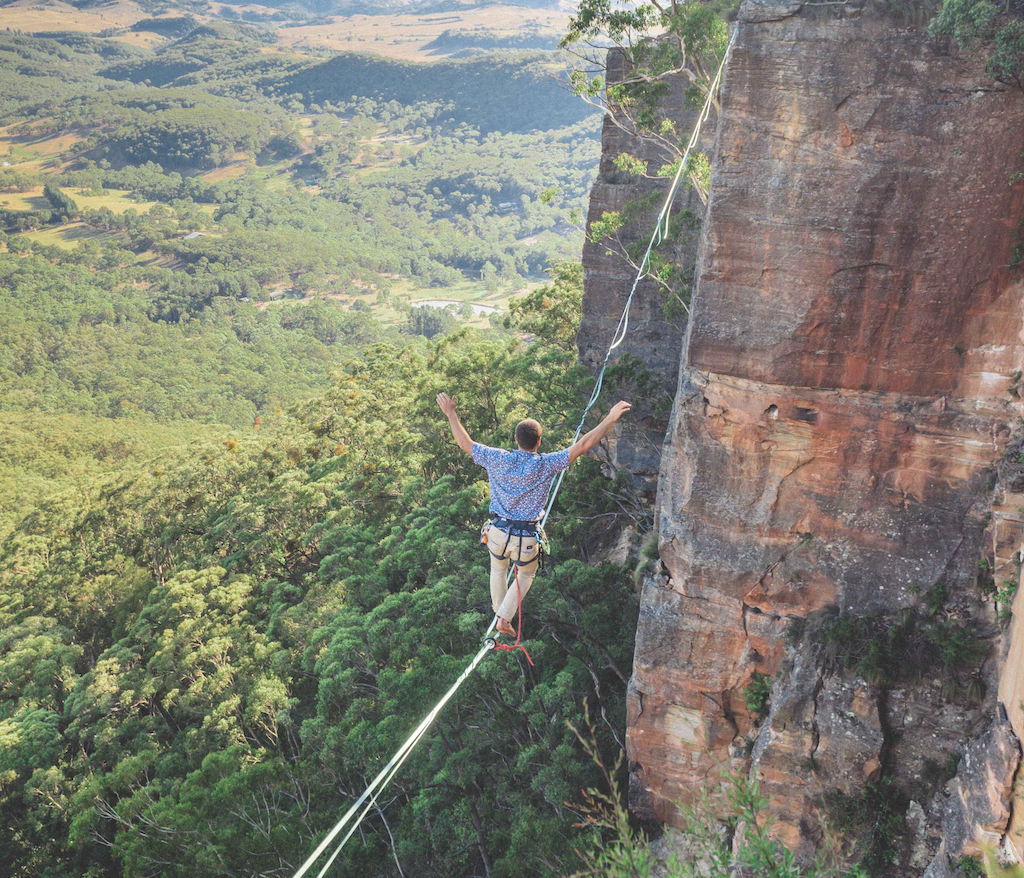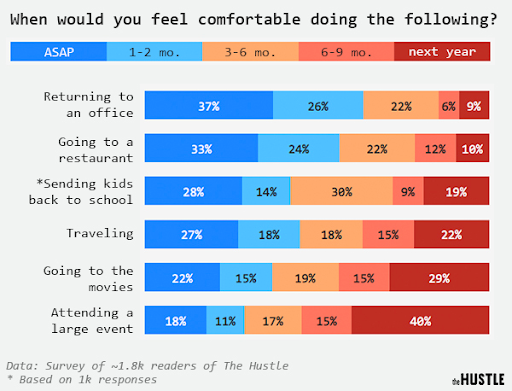Skill + Opportunity + Luck = Success

Risk Reward Luck Success
I have been thinking a lot about Risk vs Reward as well as Luck and Success. The later made me reread the article The Role of Luck in Life Success Is Far Greater Than We Realized. The net of it was that, in general, mediocre-but-lucky people were much more successful than more-talented-but-unlucky individuals. The most successful agents tended to be those who were only slightly above average in talent but with a lot of luck in their lives.[Reference]. Of course, there is always a tradeoff between risk and reward but once you understand that, how do we create more luck?
Summary
The Pareto principle (or the 80/20 rule) is a well-known heuristic that says that 80% of the impact is generated by 20% of the effort. It was first described in the 1800’s related to the accumulation of land in Italy, where Pareto calculated that 80% of the land was owned by 20% of the people. The underlying science in The Role of Luck in Life Success Is Far Greater Than We Realized proves this and that result has wider policy impacts in a post-acute COVID-19 world.
For our purposes, this means that if you try 100 things, 20 of them will give you a bigger 80% of the impact. The other 80, gives the other 20%. The reason this is important is that we don’t know which 20. You can spend countless hours, resources, and money trying to increase your chances that you’ll get lucky and stumble on the 20 quicker but that’s not sustainable nor desirable. What we need is a bit of luck.
We cannot discount the role of luck in our efforts to recover from COVID-19. In complex, multivariable systems, it’s impossible to understand how the inputs affect the outputs. It for this reason that we need to try as many experiments as fast as possible. There will be no silver bullet solutions. There will be many false starts, failures, and successes that will have nothing to with talent or knowledge or whatever. Well, that’s not entirely true.
Being lucky is all about taking advantage of an opportunity because you have the knowledge and skill to know that it’s an opportunity. To increase your luck, you need to increase your knowledge and access to opportunities that you can take advantage of. It’s a simple numbers game — the more opposites you can take advantage of, the luckier you’ll get. Any salesperson or entrepreneur or venture capitalist knows this to be true. All of them would rather be lucky than good.
All opportunities are a balance between the risk of taking the opportunity and the reward the opportunity will afford. Low-risk opportunities with huge rewards are no brainers because the downside is asymmetric to the massive reward (e.g. little investment, huge return). You see this in the data from The Hustle where 37% of the respondents want to go back to work ASAP. For them, the Risk of going back to work is less than the reward for doing so.
In COVID-19 times, now more than ever, we need to take calculated risks and not worry if they might fail or fall short. We don’t know which of the 100 ideas will give us our best 20. The one thing we can do is try stuff. If it works great. If it does not, learn from it and try something else. We must put our egos aside and start doing stuff.
In terms of assessing ideas, it makes practical sense to rank ideas along with agreed-upon criteria that give some minimum standard that an idea is feasible. Such criteria would include cost, risk, return, timeframe, etc. While no ranking system is perfect, a lack of a ranking system is a sure-fire way to not learn from mistakes and assess true impact.
Jobs and Business Support
- 54% of adults want to work remotely most of the time after the pandemic, according to a new study from IBM: IBM conducted a survey among 25,000 people to gauge how perspectives about work, transportation, and leisure changed since the outbreak of the coronavirus. 75% said they would like to continue to work from home in at least a partial capacity, while 40% of respondents said they feel strongly that their employer should give employees the choice to opt-in to remote work.
- Coronavirus made telework necessary. Now Santa Clara County wants to explore ways to keep it: Board of Supervisors to consider “commute-free commitment.” According to the nonprofit Brookings Institution, a Washington, D.C., public policy organization, almost one in four U.S. employees across the education spectrum spent some hours on an average day working from home in 2018, and more than one in 20 usually worked from home.
- The Front Line: Visualizing the Occupations with the Highest COVID-19 Risk: Many individuals have been practicing social distancing by working from home in recent weeks. While this arrangement can be a great way to reduce one’s exposure to COVID-19, it’s a luxury that’s available to just 29% of Americans.
Vulnerable Populations/Population Health
- Where The Latest COVID-19 Models Think We’re Headed — And Why They Disagree: Models are tricky and notoriously inaccurate but that does not mean they are not valuable. If you look at model extremes, you can gain valuable insights into how to plan for the best and the worst. These guardrails are how plans should be put in place. This is 10x thinking at its best.
- What’s Behind South Korea’s COVID-19 Exceptionalism?: South Korea has had a lot of experience with epidemics. Their response was swift and complete because of that experience and the painful lessons learned. The three pillars of their response were fast and free testing, expansive tracing technology, and mandatory isolation of the most severe cases.
Economic Development
- What Hustle readers think about returning to work and life: See the graphic for the full breakdown. Of note, 37% of you said you’d feel comfortable returning to the workplace ASAP — the highest share of any venue we asked about. Restaurants were next. 33% of you said you’d feel comfortable dining out ASAP, and another ~24% said you would in the next couple of months.
- The Role of Luck in Life Success Is Far Greater Than We Realized: About half of the differences in income across people worldwide is explained by their country of residence and by the income distribution within that country. However, talent was definitely not sufficient because the most talented individuals were rarely the most successful. In general, mediocre-but-lucky people were much more successful than more-talented-but-unlucky individuals. The most successful agents tended to be those who were only slightly above average in talent but with a lot of luck in their lives.
- The Silicon Valley Workplace Will Never Be the Same: Business, as usual, won’t be usual anytime soon. Big tech companies will most likely reduce their commuter shuttle services and encourage people to drive more — thus not rely on public transportation.
Things to Ponder or Give a Try
- Do something daily, no matter how small: Build a habit of doing something every day to help the world recover from COVID-19. It does not even matter how small. Donate to a charity. Call a friend. Open a business. Make masks. Doing something will build momentum for bigger things.
- Journal: Take 5 minutes each night to journal your thoughts. Focus on what went right and what you’re looking forward too.
- If I ruled the world: Do a thought experiment if you were solely in charge. What would you do to recover from COVID-19? Take a blank sheet of paper and write your place. Leave nothing to change. Create it all from scratch.
Interesting Chart(s)

Source: https://thehustle.co/05062020-returning-to-life/
Want to Learn More or Help?
Go over to the COVID-19 Economic Recovery Task Force (ERTF) page for more information. If you have not already done so, please take this survey to tell the task force your thoughts on how we can recover from this.
The Task Force is charged with guiding the City’s efforts through the COVID-19 recovery to sustain and revive local businesses and employment, mitigate the economic hardships already affecting the most vulnerable San Franciscans, and build a resilient and equitable future.
